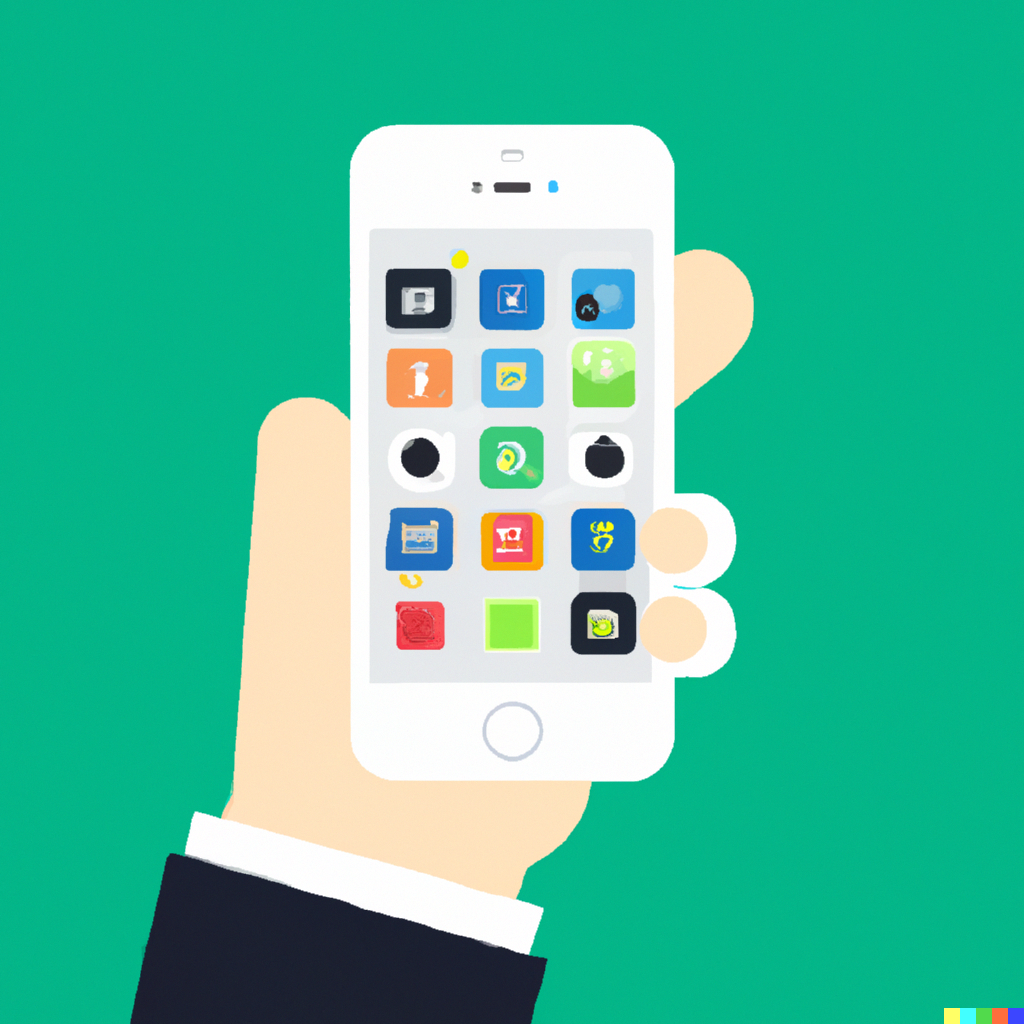August 01 | Mobile Apps

Mobile applications, commonly known as mobile apps, have revolutionized the way we interact with technology, transforming our smartphones from mere communication devices into powerful tools that assist us in almost every aspect of our daily lives. From social networking and entertainment to productivity and health management, mobile apps have become indispensable. This article delves into the evolution, development process, and the profound impact mobile apps have had on modern society.
The concept of mobile apps began with the introduction of mobile phones. In the early 2000s, the first generation of mobile apps, such as simple games (like Snake on Nokia phones) and basic utilities (like calculators and calendars), were pre-installed by manufacturers. These apps were limited in functionality due to the constraints of early mobile technology.
The real turning point came with the advent of smartphones, particularly with the launch of Apple’s iPhone in 2007 and the App Store in 2008. The App Store provided a centralized platform for developers to distribute their applications, marking the beginning of the modern mobile app ecosystem. Google's Android Market (now Google Play Store) followed suit, further fueling the growth of mobile apps.
Since then, the number and variety of mobile apps have exploded. There are now millions of apps available across various categories, including social media, gaming, productivity, finance, health, and more. This growth has been driven by advances in mobile technology, including faster processors, better graphics, and improved connectivity.
The development of a mobile app begins with a clear concept and a detailed plan. This phase involves identifying the target audience, defining the app’s purpose, and conducting market research to understand competitors and potential demand.
Once the concept is solidified, the design phase begins. This includes creating wireframes and mockups to visualize the app's interface and user experience (UX). User Interface (UI) design focuses on the look and feel of the app, ensuring it is visually appealing and easy to navigate.
The actual coding and development of the app are handled by software developers. This phase involves selecting the right technology stack, programming the app’s functionality, and integrating any necessary APIs or third-party services. There are two primary approaches to app development:
Thorough testing is crucial to ensure the app functions correctly and provides a seamless user experience. This includes functional testing, performance testing, security testing, and usability testing. Beta testing with a limited audience can help identify issues before the app’s official release.
After testing, the app is ready for launch. This involves submitting the app to app stores, which may include a review process. Post-launch, developers must provide regular updates to fix bugs, add new features, and ensure compatibility with the latest operating system versions.
Mobile apps have transformed how we communicate and interact socially. Social media apps like Facebook, Instagram, and Twitter allow us to connect with friends and family, share experiences, and stay informed about the world. Messaging apps like WhatsApp, Messenger, and WeChat enable instant communication, making it easier to stay in touch with loved ones, regardless of geographical distances.
Entertainment has been significantly enhanced by mobile apps. Streaming services like Netflix, Spotify, and YouTube provide access to a vast array of movies, music, and videos at our fingertips. Mobile games offer entertainment and escapism, catering to a wide range of interests and age groups.
Mobile apps have made it possible to work and stay productive from anywhere. Tools like Slack, Trello, and Zoom facilitate remote work, collaboration, and communication. Office suites like Microsoft Office and Google Workspace provide powerful mobile versions of essential productivity tools, enabling users to create, edit, and share documents on the go.
Health and wellness apps have empowered individuals to take control of their health. Fitness apps like MyFitnessPal and Fitbit help users track their physical activity and diet. Telemedicine apps allow for remote consultations with healthcare professionals, improving access to medical services.
Mobile banking and financial management apps have revolutionized the way we handle money. Apps like PayPal, Venmo, and banking apps from major financial institutions allow users to transfer money, pay bills, and manage their accounts from their smartphones. Investment apps like Robinhood and Acorns have made investing more accessible to the general public.
The future of mobile apps looks promising, with continuous advancements in technology driving innovation. Emerging technologies such as artificial intelligence (AI), augmented reality (AR), virtual reality (VR), and the Internet of Things (IoT) are expected to play significant roles in the next generation of mobile apps. These technologies will enhance user experiences, offer new functionalities, and further integrate mobile apps into our daily lives.
Mobile apps have become integral to modern society, affecting how we communicate, entertain ourselves, work, stay healthy, and manage our finances. The evolution of mobile apps from simple utilities to complex, multifunctional tools highlights the rapid pace of technological advancement and the endless possibilities for innovation. As we move forward, mobile apps will undoubtedly continue to shape our world, driving new ways of interaction and improving our quality of life.
By understanding the evolution, development process, and impact of mobile apps, we gain insight into the profound influence they have on our daily lives and the exciting future that lies ahead.
SHARE THIS:
© Copyright 2026Global Tech AwardsAll Rights Reserved